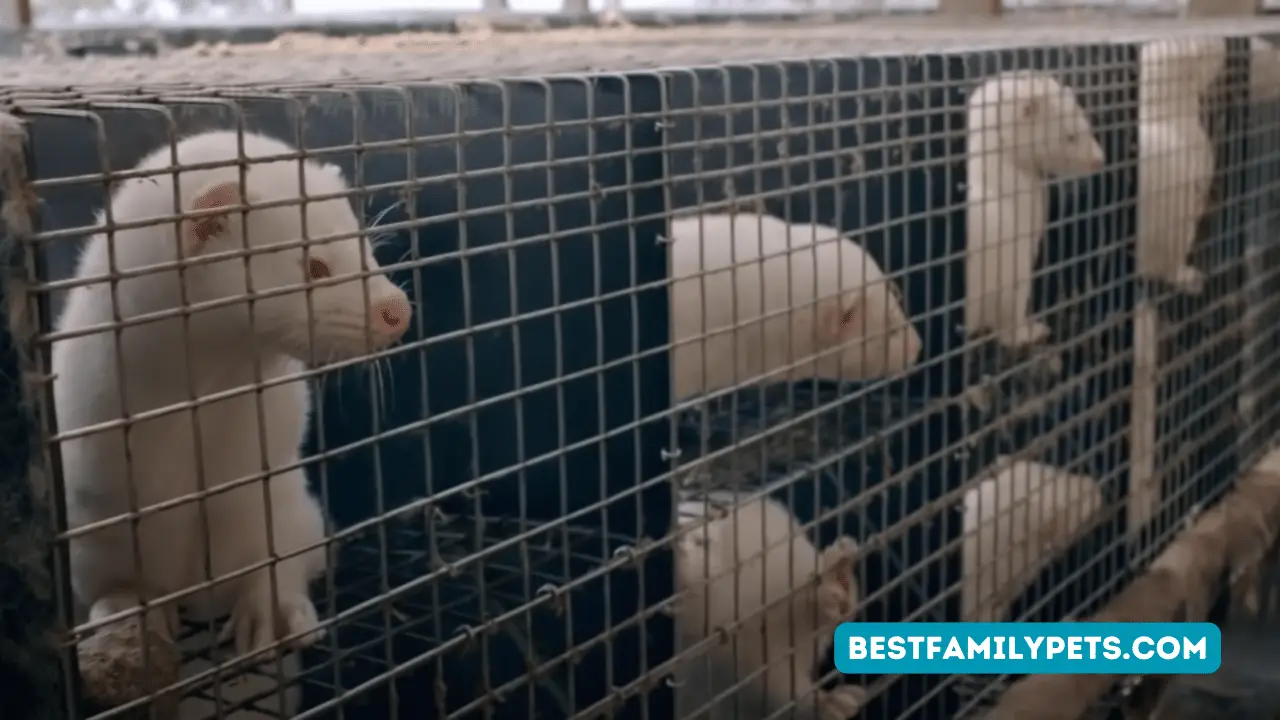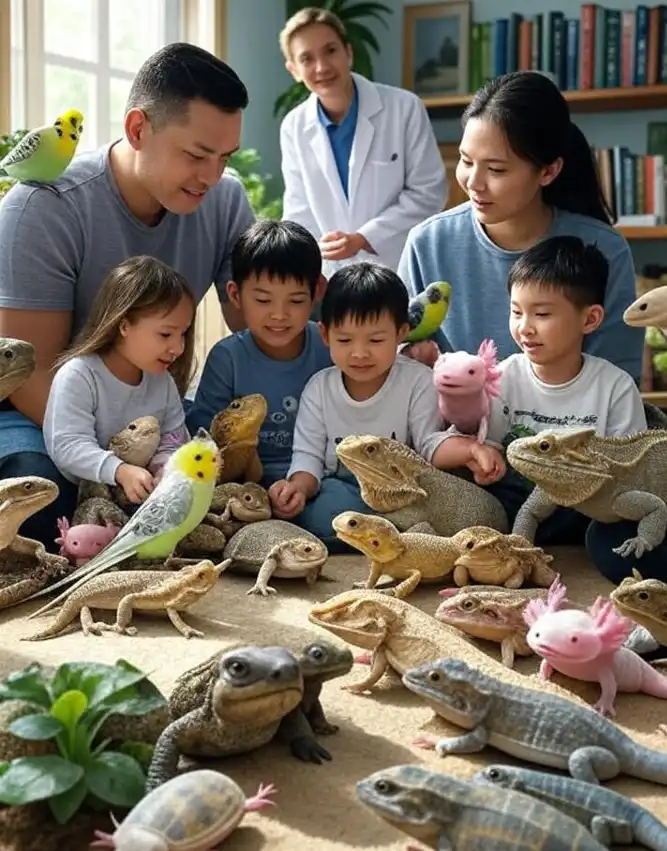The Reality of Mink Farming: Ethical, Environmental, and Health Considerations
Explore the reality of mink farming, including ethical, environmental, and health considerations. Gain a comprehensive understanding of this controversial industry.
In this blog post, we will delve into the disturbing world of mink farming, exploring the ethical, environmental, and health concerns surrounding this controversial industry. The recent video uploaded by “Noal Farm” on YouTube sheds light on the conditions and practices within mink farms, prompting a crucial discussion on the treatment of these intelligent creatures.
Amazing Mink Farming Technique – Mink Fur Harvest and Processing in Factory – Mink Fur industry
The video titled “Amazing Mink Farming Technique – Mink Fur Harvest and Processing in Factory – Mink Fur industry” uploaded by “Noal Farm,” has sparked significant outrage and concern among viewers. Many individuals express their deep distress and condemnation of mink farming, deeming it both cruel and unnecessary. This blog post aims to examine the various perspectives surrounding mink farming, highlighting the ethical implications, environmental impact, and health risks associated with the industry.
Ethical Concerns: Cruelty and Suffering
The comments from viewers overwhelmingly reflect their anguish over the conditions in which minks are kept on fur farms. The confinement of these intelligent creatures in cramped cages, devoid of their natural habitat, raises ethical questions about the treatment and welfare of animals. As one viewer states, “They live their whole lives confined to those small, empty cages. They are looking up with puppy eyes at people who won’t love them.” This poignant observation draws attention to the emotional distress experienced by these social and playful animals.
Additionally, the concerns raised by viewers extend beyond individual animal welfare. Mink farming represents an entire industry built on the exploitation and suffering of these creatures. Commenters express their disdain for an industry that prioritizes vanity and fashion over the lives and well-being of innocent animals. The demand for mink fur drives the continuous cycle of breeding, captivity, and ultimately, the cruel harvesting of fur. The sheer scale of this unnecessary sacrifice, as one commenter points out, is heart-wrenching: “How can someone look at them and think of skinning them? They are so sweet, docile, and trusting.”
Environmental Impact: Sustainability and Conservation
While the ethical concerns surrounding mink farming are prominent, it is vital to address the environmental implications as well. The mink farming industry contributes to various ecological issues, including habitat degradation, water pollution, and loss of biodiversity. The intensive farming practices require substantial resources, such as land, water, and feed, which can strain local ecosystems and contribute to deforestation.
Furthermore, the release of mink waste and chemicals used in fur processing poses a significant threat to surrounding water bodies, potentially contaminating the environment and harming wildlife. The environmental impact of mink farming extends beyond the farm’s immediate vicinity, with concerns about the broader ecological footprint associated with the industry.
Public Health Risks: Disease Transmission and Zoonotic Outbreaks
The COVID-19 pandemic has brought to light the potential health risks associated with mink farming. Commenters rightly point out that mink farms became hotspots for virus transmission and, in some cases, facilitated the mutation of the virus. The cramped and unsanitary conditions within these farms create an ideal environment for the spread of diseases, including zoonotic illnesses that can affect humans.
The connection between mink farming and the transmission of zoonotic diseases serves as a stark reminder of the need to reevaluate our relationship with animals and the industries that exploit them. The global health implications of zoonotic outbreaks, as witnessed during the COVID-19 pandemic, underscore the urgent need to address the practices within the mink farming industry and consider alternative, sustainable materials.
Seeking Change: Ethical Alternatives and Regulation
The passionate comments from viewers express a collective desire for change and a rejection of the status quo. The availability of ethical alternatives, such as faux fur and other synthetic materials, demonstrates that the demand for fur does not necessitate the suffering of animals. As one viewer states, “With viable alternatives available, it’s high time we address the ethical, environmental, and public health concerns that mink farming raises.”
The public outcry against mink farming has led to increased awareness and calls for stricter regulations and bans. Several countries have already prohibited commercial mink farming due to ethical, environmental, and health concerns. However, as one commenter highlights, the practice has merely shifted to other regions where regulations may be less stringent. Achieving meaningful change requires global cooperation and a reevaluation of society’s values concerning the treatment of animals.
The video uploaded by “Noal Farm” has ignited a passionate response from viewers, highlighting the ethical, environmental, and health considerations associated with mink farming. The confinement, suffering, and unnecessary sacrifice of these intelligent creatures evoke deep empathy and concern. Moreover, the ecological impact and potential for zoonotic disease transmission raise urgent questions about the sustainability and ethics of the industry.
It is essential to recognize the power of consumer choices in driving change. By opting for ethical alternatives and supporting regulations that prioritize animal welfare and environmental sustainability, individuals can contribute to a future free from the cruelty of mink farming. As society becomes increasingly aware of the realities of this industry, the call for change grows louder. It is up to us to heed that call and forge a more compassionate and responsible path forward.
-

Are Exotic Pets Safe for Families? A Practical Guide for Curious Households
-



How Building Inspections Ensure Pet-Friendly Homes
-



How to Start a Pet Blog: Choosing the Right Web Hosting
-


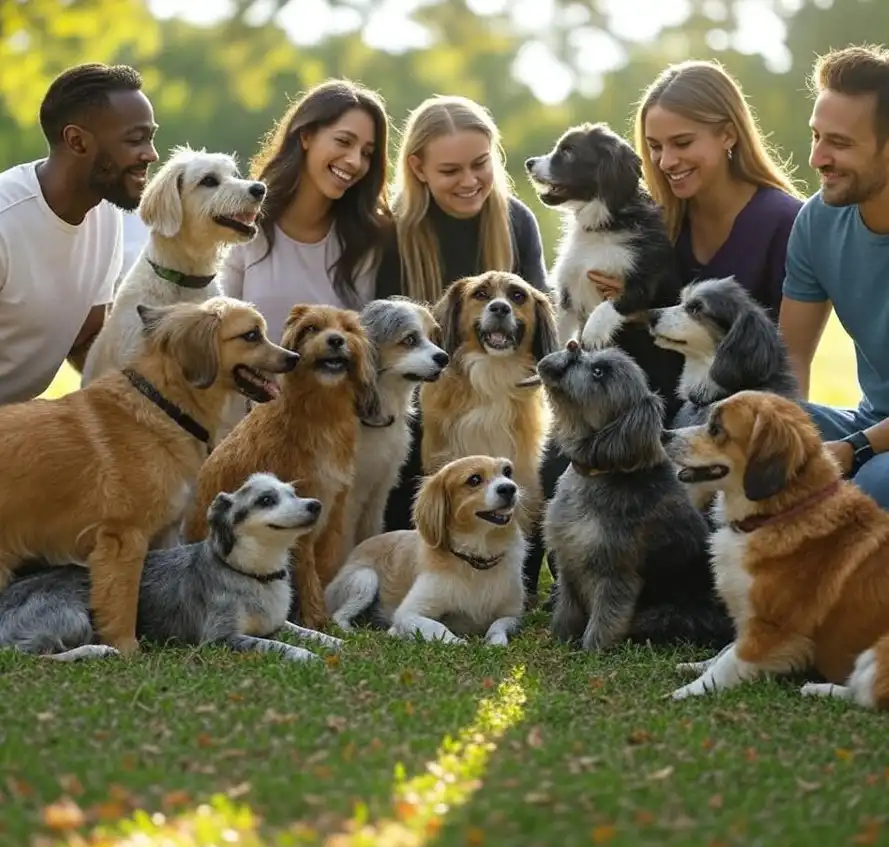
15 Celebrities Who Absolutely Adore Their Dogs
-


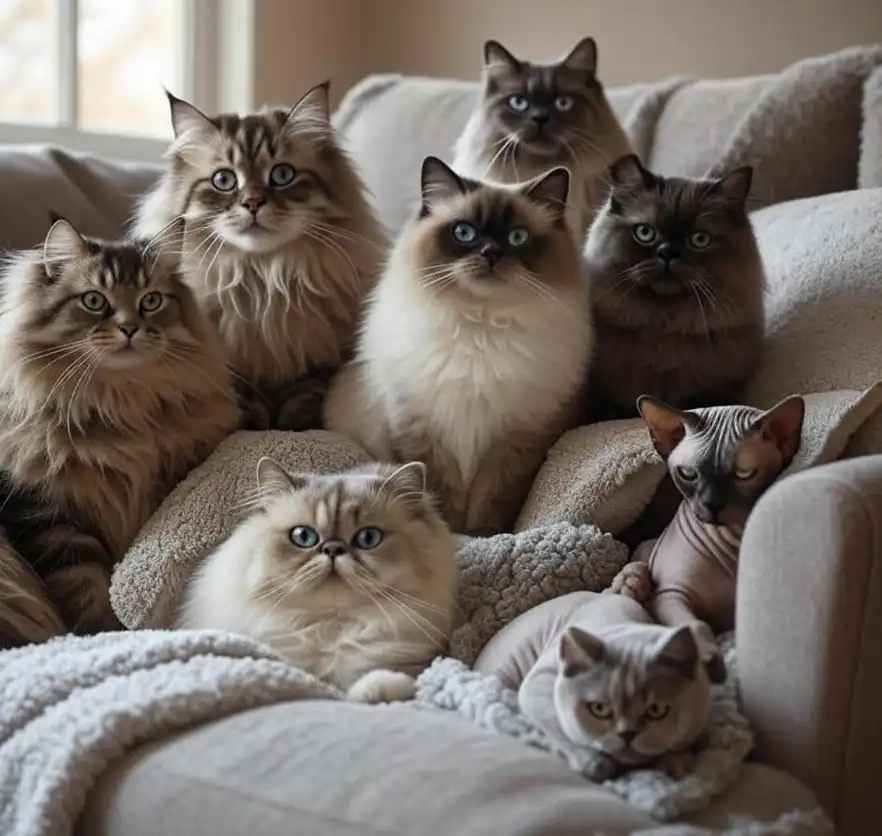
Personality Traits of Popular Cat Breeds: Which Cat Breed Best Matches Your Lifestyle?
-



MEWOOFUN Sturdy Cat Window Perch Review: A Cozy Spot for Your Feline
-



Successful Pet Businesses With Dr. Tom Harty’s Coaching
-


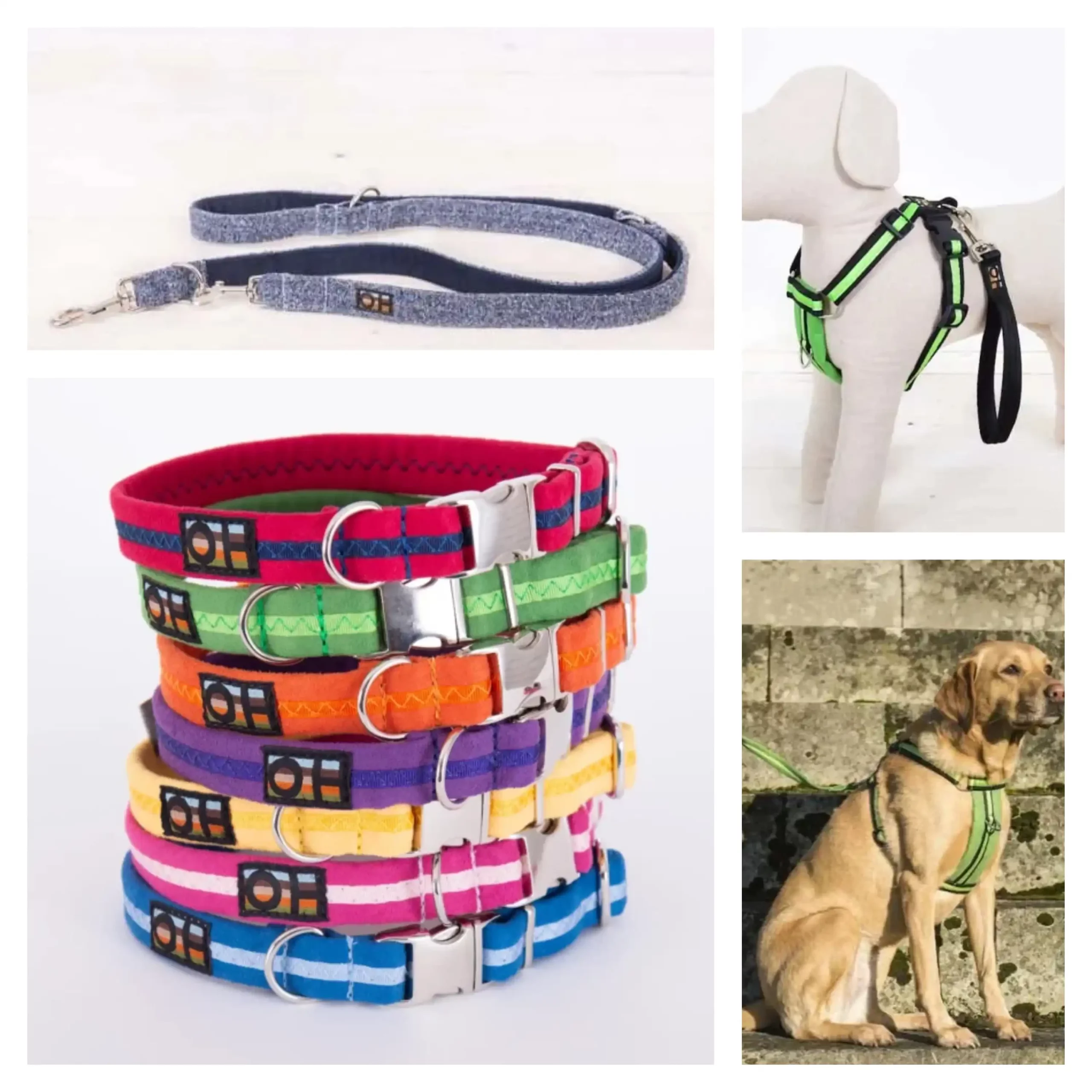
Oscar & Hooch Luxury Dog Accessories for Your Stylish Dogs
-


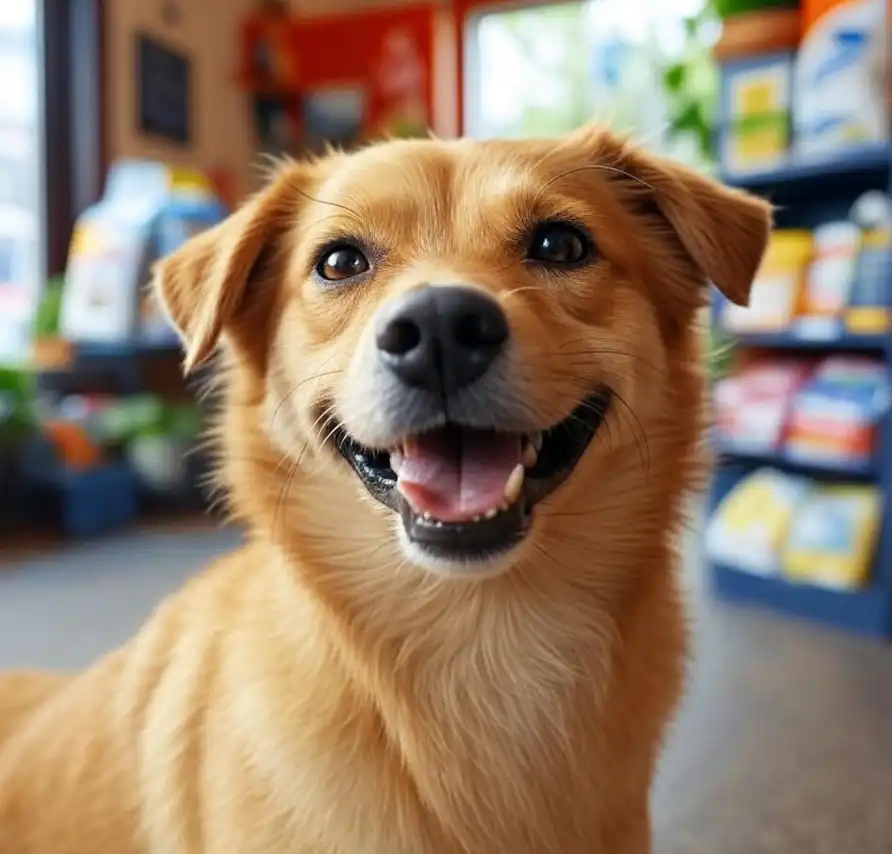
Link in Bio Strategy for Pet Businesses
-


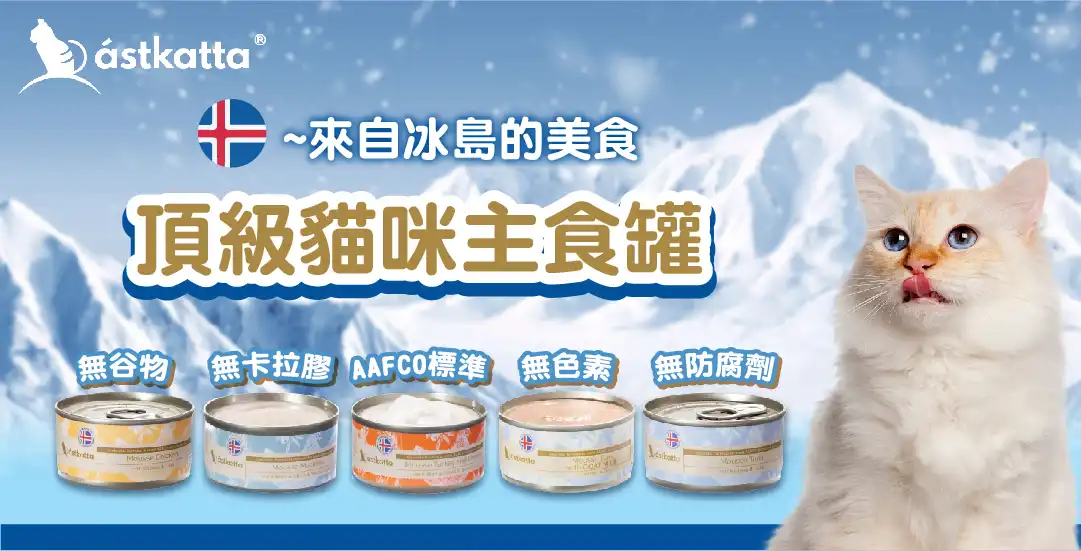
Purr-fectly Delicious: A Review of Astkatta Iceland Canned Cat Food and Feast Cat Wet Food
-



Pet-Friendly Property Maintenance Tips
-



Using Pets in Children’s Counseling: A Guide for Parents
-



Moving with Pets: Real Estate Tips for a Smooth Transition
-


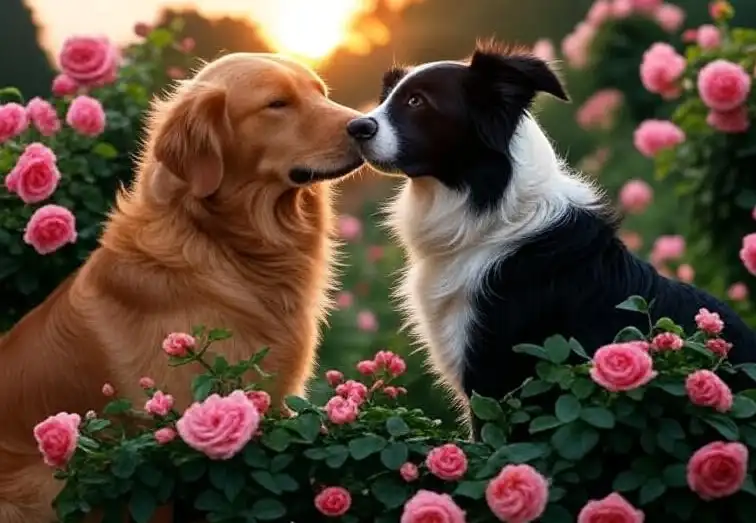
Romantic Dog Names for Your Furry Soulmate
-



Top 10 Guinea Pig Water Bowls and Feeders for a Happy, Healthy Pet
-



How to Use Puppy Training Pads Effectively
-



10 Cheapest Dog Training Pads for Tight Budgets
-



Ownpets XXXXL Puppy Training Pad: Ultimate Pet Solution

